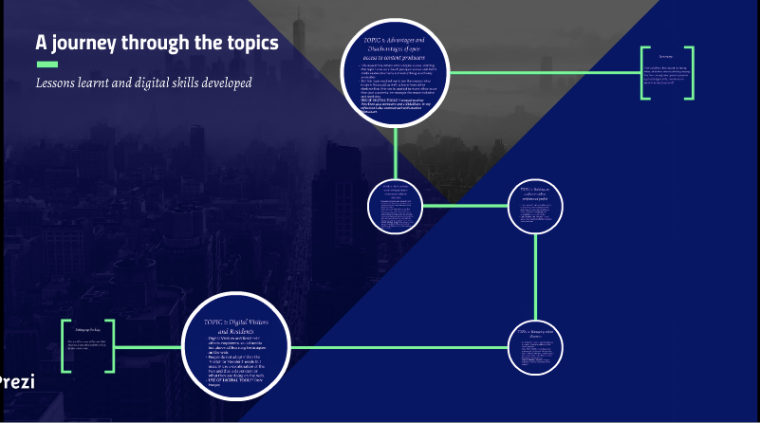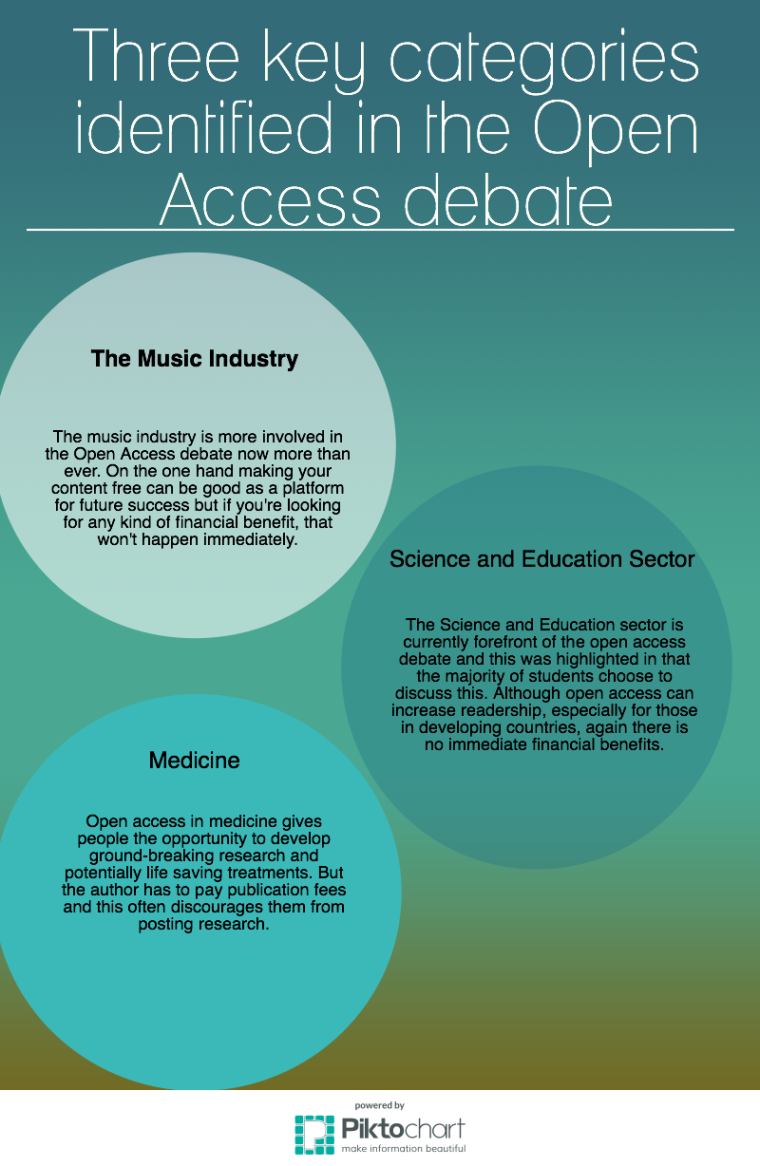
Final Reflection: Every ending has a new beginning…
So the module is coming to an end but this is by no means the end of blogging or my life on the web. I definitely underestimated the amount of new, useful skills I would learn from this module. I’ve learnt so much about living and working on the web and seen lots of progress in my digital skills from week to week.
Continue reading →










